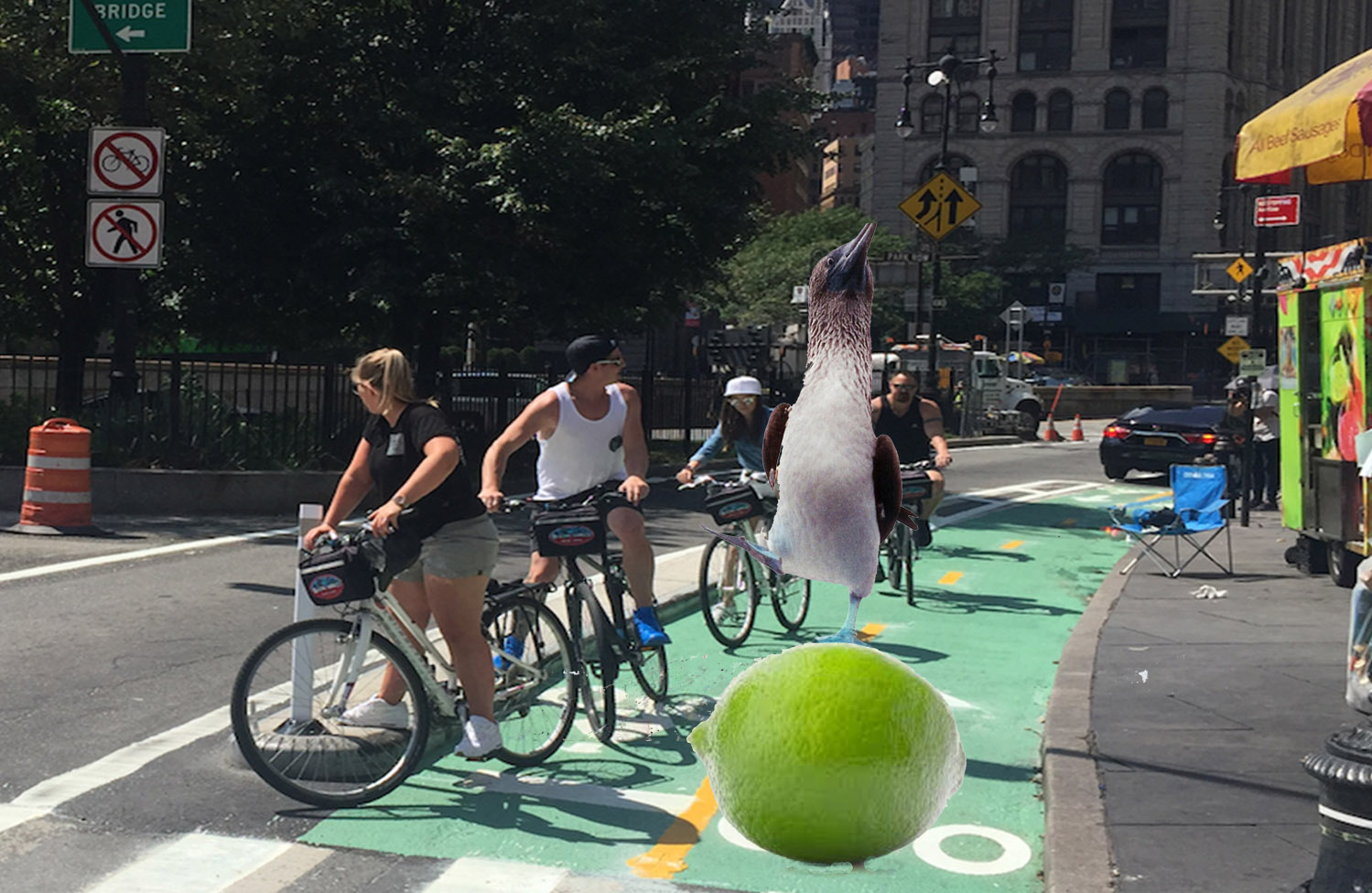Let’s play a game, shall we? I’ll list several words and I want you to tell me what they all have in common. Are you ready? Okay. The words are “bird,” “skip,” “lime,” and “spin.” If you guessed that a fruit, two verbs, and a sky-bound animal all have four letters, one syllable, and sound like a strange workout mantra, sadly, you are incorrect. The aforementioned terms are all the names of multiple Scooter-sharing companies leaving their electric-powered, street demons on sidewalks in every major US city.
About a year ago, two companies — Bird and Lime — began leaving their motorized scooters on city streets and sidewalks without any permission from local officials. In California cities like Santa Monica and San Francisco, officials have gone so far as to ban scooters because the companies did so without “the cities’ blessings.” In light of this ban, both cities opened an application process for scooter-sharing companies to apply for the proper permitting.
On Monday, what many have referred to as the “Scooter Wars”, came to a conclusion for the city of San Francisco. The SF Municipal Transportation Agency (SFMTA) award two companies — Skip and Scoot — of the reported: “12 that applied for a license with the right to operate a pilot program with the city”— with their golden permitting tickets.
The two most popular scooter companies — Lime and Bird — were denied. This is undoubtedly related to the fact that both companies started this madness by literally leaving scooters everywhere like 5-year-olds who ran in the house to have a juice box and eat cheesy poofs.
In light of being denied permitting, neither company is showing any signs of slowing down. Lime, officially Neutron Holdings Inc, has reportedly been meeting with investors about their next round in funding and has discussed an evaluation of $3.3 billion, according to Bloomberg. Meanwhile, Bird, the Santa Monica based startup, is also seeing with investors and, though no number has been officially announced, Bird is reportedly seeking hundreds of millions in new capital.
“We don’t comment on industry rumors. We are always looking for strategic partnerships and to fundraise. We’ve now built a strong brand with integrity that people want to join us on our journey and be a part of the movement”
–Unnamed Spokesman
Bird recently announced their new “Bird Delivery” service which will allow you to schedule when you might need a scooter for your weekly commute or afternoon activity, and the company will deliver a fully-charged scooter to your home. CNN Business reports that the company intends to launch the service in nearly 70 US cities where it already operates “by-the-minute rentals.” The price for this service has not been announced.
City officials, in areas where scooters roam free, have expressed concerns that this may “open the floodgates” for as many scooters as companies wish to leave lying around and insist on capping the number of scooters each company can place.
David Estrada, head of public policy at Bird, told CNN Business:
“This should be viewed no differently than if you decide to rent a Hertz (stock) rent-a-car for a day. We don’t think, from this perspective, cities would have a real motivation to want to regulate these any differently than they do cars”
The new “micro-mobility” option for getting around your city may is both fun, affordable, and convenient for the consumer, but companies responsible for giving you access to their futuristic wheeled vehicles are facing the consequences of leaving their toys on the floor.
To soften the criticism, Scooter lobbyists say the scooters reduce our dependence on fossil fuels (the scooters have electric-motors) and use of cars. I will fully admit that, rather than drive this last weekend, I rode a Bird multiple times, and it was delightful.
Although city officials around the US are exhibiting nudnik-shpilkes tendencies, these scooter-sharing companies are speeding into the future.





